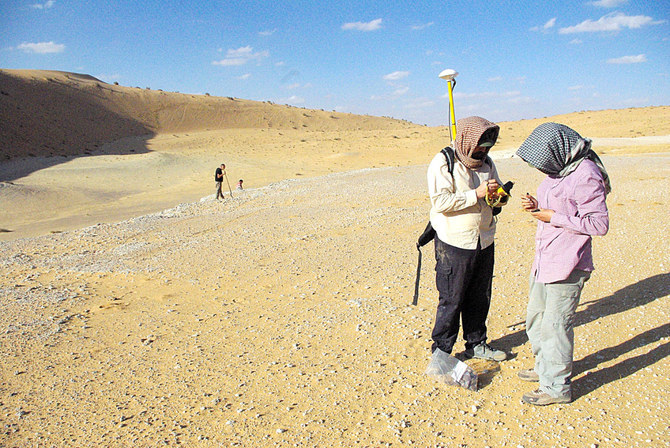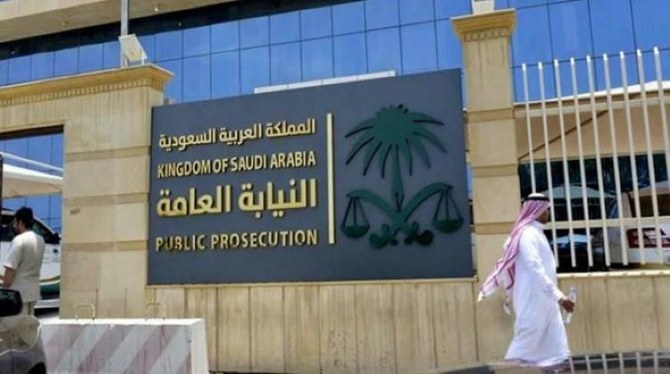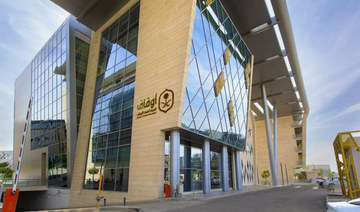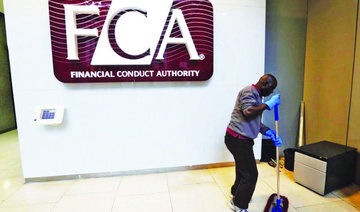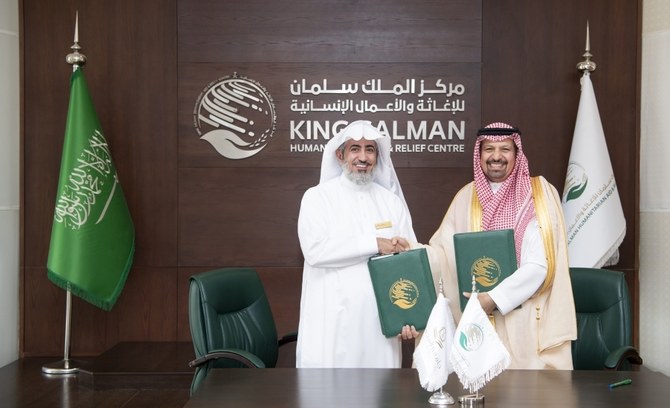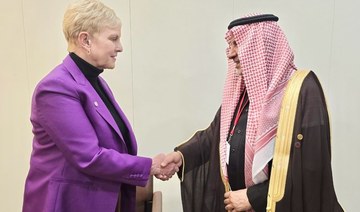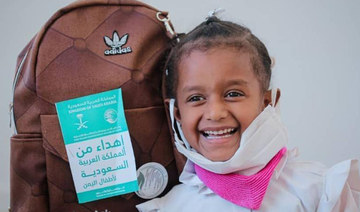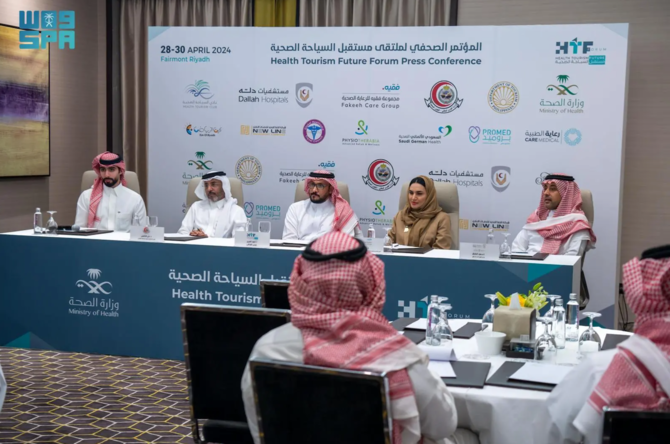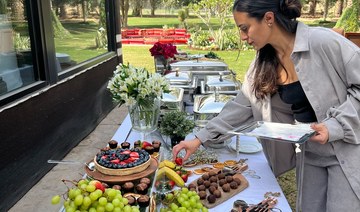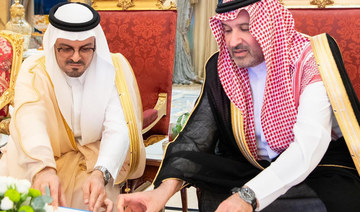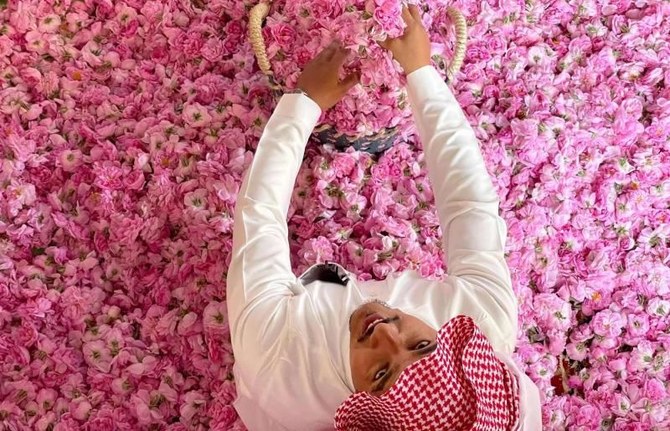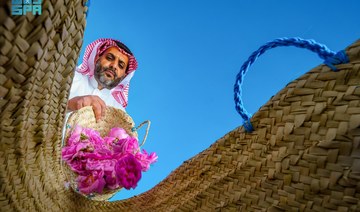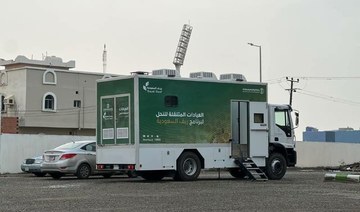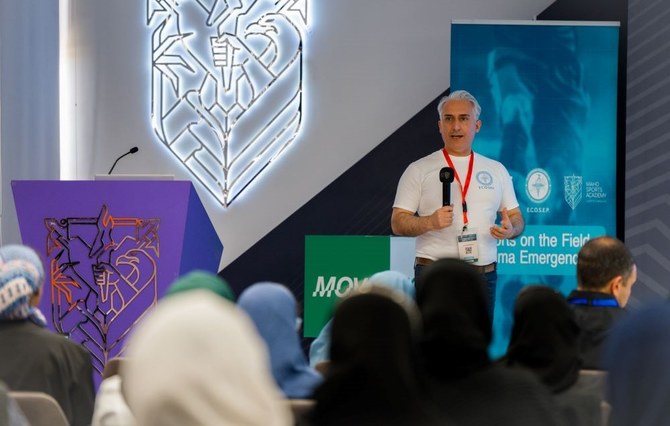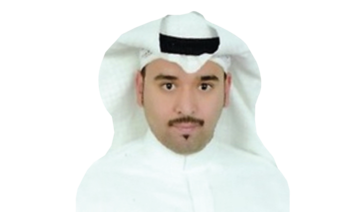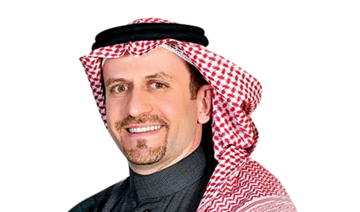RIYADH: An important archaeological site showing signs of ancient human activity dating back 350,000 years has been discovered in the Hail region of northern Saudi Arabia.
According to a scientific report published in the journal Nature, An Nasim is the first Acheulean site to be dated in the Nefud Desert. Acheulean technology refers to the distinctive style of oval and pear-shaped stone tools believed to have been developed about 1.7 million years ago by the archaic humans that preceded modern homo sapiens. It is thought these “hand axes” remained in use until as recently as 130,000 years ago.
The report — titled “The Expansion of Acheulean Hominins into the Nefud Desert of Arabia” — notes that until now, detailed knowledge of the Acheulean in the region was limited to a single, well-documented site: Saffaqah, in central Saudi Arabia.
However, tools were also found in the Nefud Desert. Researchers at An Nasim discovered evidence of what was once a deep lake, probably freshwater, as well as features associated with the Middle Pleistocene era, which covers the period from about 780,000 to 130,000 years ago.
Jasir Al-Harbash, CEO of the Kingdom’s Heritage Commission, told Arab News: “Many sites have been discovered and are under study.”
HIGHLIGHT
According to a scientific report published in the journal Nature, An Nasim is the first Acheulean site to be dated in the Nefud Desert. Acheulean technology refers to the distinctive style of oval and pear-shaped stone tools believed to have been developed about 1.7 million years ago by the archaic humans that preceded modern homo sapiens. It is thought these ‘hand axes’ remained in use until as recently as 130,000 years ago.
However the discovery in the Nefud Desert is particularly important, he added, because it is “the oldest dated site of the Acheulean period in Saudi Arabia.”
Surveys by the Green Arabian Project (GAP) in the past 10 years have confirmed that the Arabian Peninsula experienced climate changes during the Pleistocene era that produced wetter conditions, which affected the movement and distribution of humans within and between continents. This is particularly true of Acheulean communities, who appear to have been more tethered to water sources than others.
An Nasim offers insights into the diverse stone tool assemblages used by Middle Pleistocene humans in the region, probably indicating their repeated return to the peninsula during the wetter “Green Arabia” climate phases.
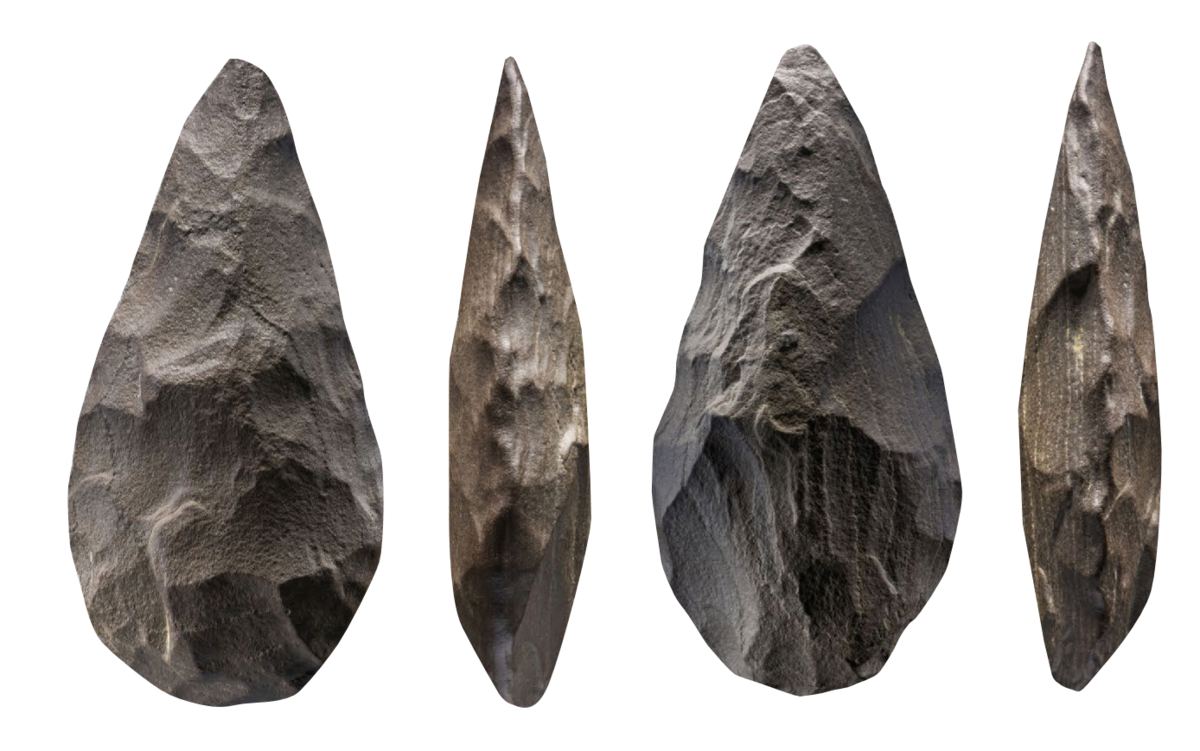
The site includes a deep, narrow basin with outcrops in the central part, where several artifacts from the early Palaeolithic era were discovered. About 354 items were collected, primarily hand axes and stone “flakes” cut from a rock core. The survey found that the archaeological materials are closely associated with the lake. The report notes that the tools are similar to those found elsewhere in the Nefud Desert. The presence of some of the flaked pieces suggest that the raw materials were brought to the site and some discarded after testing. Other pieces had been partly shaped before being abandoned.
Broader surveys of the Nefud Desert have found that local quartzite rock was frequently used in undated Acheulean assemblages, including diverse sizes and shapes of hand axes.
The Acheulean tools at An Nasim have been dated to the late Middle Pleistocene era, about 350,000 to 250,000 years ago, when the formation of lakes was seemingly widespread in the Nefud Desert. In comparison tools found at the site at Saffaqah are more recent, dating back about 240,000 to 190,000 years.
The similarities between the Acheulean materials found at An Nasim and other undated Acheulean sites in the Nefud Desert indicates that the lakes that once existed in this region provided an important resource for the expansion of humans in the region, and a viable habitation environment for them and other mammals.
Evidence of diverse species of small-to-large mammals can be found at the sites of these palaeolakes in the Nefud, indicating the migration of animals to the region during wet phases and suggesting the availability of fauna as food sources at watering holes.
With the participation of Saudi experts, the Kingdom’s Heritage Commission has been working on the GAP scientific program in collaboration with counterparts from the Berlin-based Max Planck Institute for Human Development. It focuses on studying climate changes in the Arabian Peninsula over time, and the immigration of ancient humans into Arabia and their settlement there.
Previous GAP studies have found evidence of hundreds of paleolakes, rivers and forests, and the animals they helped to sustain, around which successive civilizations emerged thanks to the mild climate at that time.
Late last year, the Heritage Commission announced that the footprints of humans, elephants, camels and predatory animals had been found at the site of what was once lake, dating back more than 120,000 years, in Tabuk. They are believed to be the oldest footprints of man and animals found in the Arabian Peninsula.
Through the GAP, the Heritage Commission carries out intensive surveys and systematic excavations to identify and gain insight into ancient climatic conditions and the nature of the prevailing environment in Arabia’s past, as well as the movement of humans. This is part of the Commission’s efforts to excavate, preserve and promote archaeological sites in the Kingdom as part of Saudi Vision 2030.
Al-Harbash highlighted the importance of cooperation between local and international teams in excavating and researching antiquities in the Arabian Peninsula. He added that joint projects are in progress with more than 20 of the most prestigious international institutes and universities involved in archaeological research and excavation.



